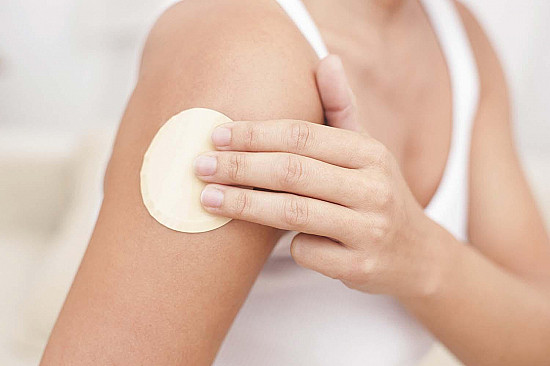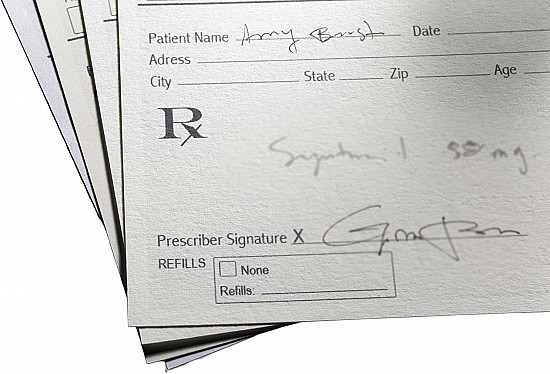Aspirin and bruising
Ask the doctor

Q. After my recent heart attack, my cardiologist told me to start taking a low-dose daily aspirin. Since then, I've been noticing more bruising on my arms and legs. I'm not bothered by the cosmetic aspect, but I am worried that it means I may be bleeding on the inside.
A. Most bruises happen when a minor blow or injury damages the tiny blood vessels near the skin's surface (capillaries). The trapped blood often appears as a black-and-blue mark that may change colors as it heals. Even slight bumps that you don't even notice can cause bruises.
Aspirin decreases the ability of tiny cell fragments in the blood, called platelets, from clumping together and forming clots. Preventing these clots will help you avoid a repeat heart attack. But it can make you bleed a little more easily, including the below-the-skin bleeding seen in bruises. Small cuts may take a bit longer than usual to stop bleeding. People sometimes also say their gums bleed more easily when they floss or brush their teeth after starting low-dose aspirin. An electric toothbrush can help in that regard. Likewise, an electric shaver may help you avoid bleeding from razor cuts.
Experiencing these types of minor bleeding usually does not mean that more serious internal bleeding is also occurring. But there's always a small risk of internal bleeding when taking aspirin, regardless of whether or not you notice more bruising.
Aspirin inhibits substances that protect the stomach's delicate lining, which can provoke bleeding in the stomach and intestines. If you notice stomach upset or pain, call your doctor. Taking aspirin with food may help. Older people and others prone to bleeding may want to ask their physician about taking an over-the-counter proton-pump inhibitor such as omeprazole (Prilosec), which can help prevent aspirin-induced stomach bleeding.
More serious bleeding in the gastrointestinal tract can manifest as black, tarry stools. In rare cases, you may vomit dried blood (which resembles coffee grounds) or fresh blood. These situations should be evaluated right away in an emergency room.
The type of bleeding physicians worry about the most is bleeding in the head. Though rare, it poses a high risk of disability and death when it occurs. Some data suggest that controlling high blood pressure might decrease this risk. Follow commonsense approaches to minimize head trauma. Use a seat belt, wear a helmet while biking or skiing, and don't climb up ladders — get a professional to clean your gutters and do other tasks with fall risks.
Always call your doctor's office if you experience bleeding that does not stop. If the bleeding is severe, call 911.
Image: © lolostock/Getty Images
About the Author

Deepak L. Bhatt, M.D., M.P.H, Former Editor in Chief, Harvard Heart Letter
Disclaimer:
As a service to our readers, Harvard Health Publishing provides access to our library of archived content. Please note the date of last review or update on all articles.
No content on this site, regardless of date, should ever be used as a substitute for direct medical advice from your doctor or other qualified clinician.















